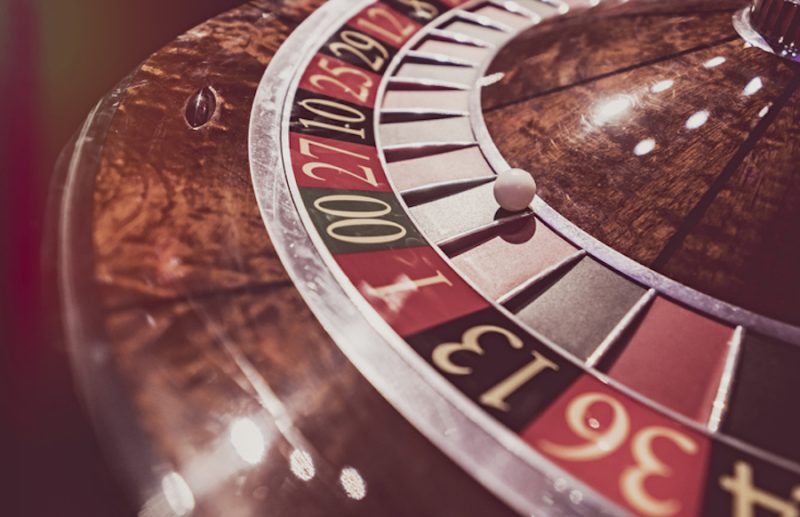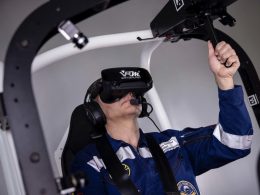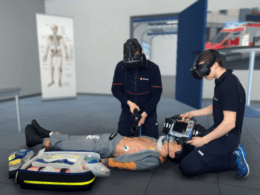A team of researchers from Canada has been working for years on a programme that treats gambling addicts with VR therapy. So far, they have found a success rate of around 60%. Swiss doctors also find the approach exciting.
Gambling and casinos have become almost ubiquitous - from scratch games to bingo and roulette to SwissCasinoHEX. Danger also lurks on the internet. The likelihood of developing a gambling problem has increased.
A team of researchers from Canada has been working for some time on a research project to treat gambling addicts. The first test phase has shown excellent results with a success rate of 60% and therefore the second phase is to begin. This phase will include a larger group of patients with a control group.
Virtual confrontation with gambling addiction
Stéphane Bouchard, the leader of the Canadian research team, believes that VR is a simple, ethical way to help people face their fears. He was able to trigger patients' fears in a safe environment and retrain the emotional part of the brain. Over time, he began to use technology to combat addiction as well. He identified VR as a way to bring gambling addicts into a safe environment where they can replay the cravings associated with addiction without exposing individuals to real-life scenarios related to their addiction. VR can thus provide therapists and patients with insights into how they might react in a real-life scenario where they could become victims of their gambling addiction.
Bouchard explained: "If a patient is addicted to cocaine, I can talk to the patient forever, but what is important is how he or she deals with the situation where cocaine is in front of that person." VR puts people in an environment where the senses are tested. It can give a better indication of how well patients are progressing in their treatment. Are they ready to resist temptation in an environment?
Swiss medics offer a different approach to VR therapy
The head of the Department of Psychiatry at the Swiss University Hospital of Vaud, Yasser Khazaal, supports this therapy and finds it extremely interesting. In his opinion, a patient's patterns of action during an addiction situation should be in the foreground, rather than VR technology. He believes that treatment is not delivered through virtual reality. Rather, the way it is used with patients is more important. It should only be used as a supplement to the usual addiction therapy.
Source: Newsticker / Picture: lokalo









